NEWS
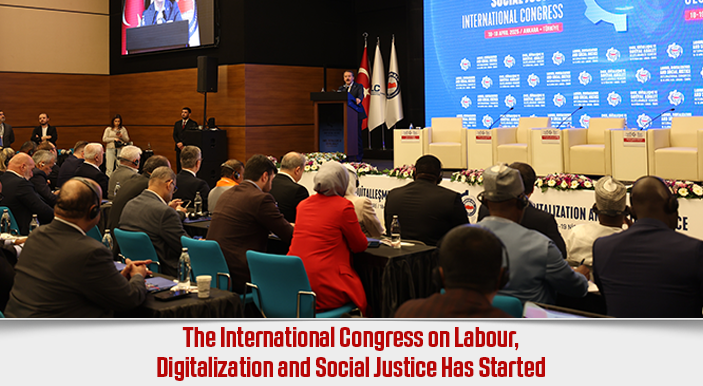
The International Congress on Labour, Digitalization and Social Justice Has Started
23.04.25, Wednesday
The International Congress on Labour, Digitalization and Social Justice, hosted by Memur-Sen, has begun with the participation of 50 confederations from 41 countries, 3 international organizations, and 200 unionists.
In his speech, Ali Yalçın, President of Memur-Sen emphasized that the congress is of great importance to discuss the impacts of digitalization, the greatest wave of transformation of our era, on the world of labour, the ever-growing gap in income distribution, and the deterioration of social justice.
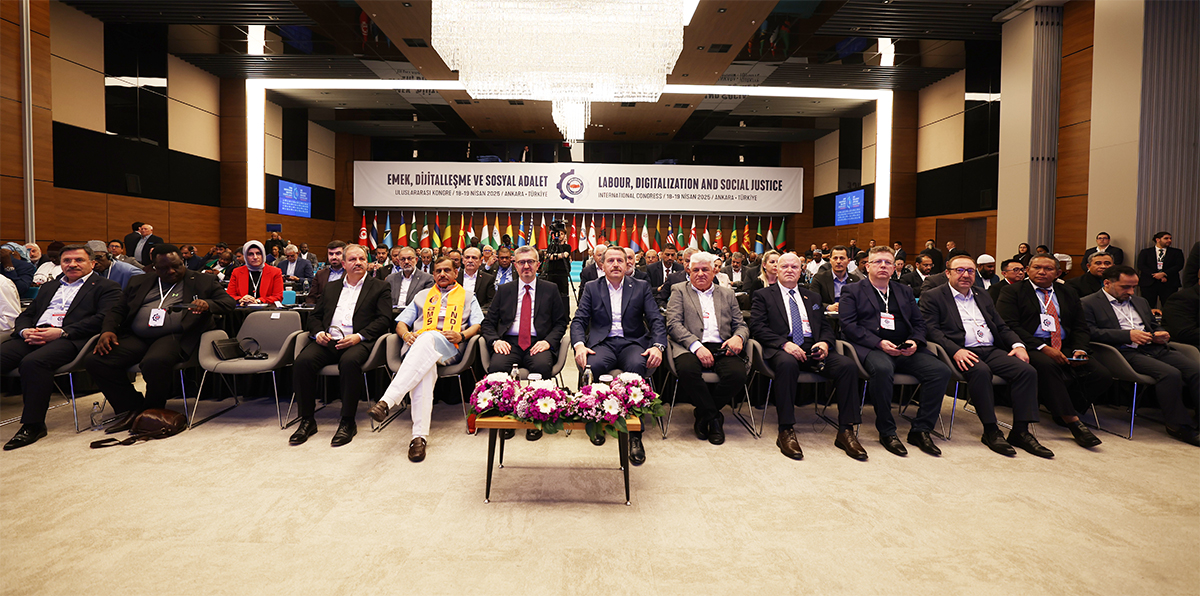 Yalçın emphasized the urgent need to address the realities of digital transformation. “We must speak the truth clearly,” he declared, warning that digitalization — driven by artificial intelligence, automation, and platform economies — is reshaping the world at an unprecedented pace.
Yalçın emphasized the urgent need to address the realities of digital transformation. “We must speak the truth clearly,” he declared, warning that digitalization — driven by artificial intelligence, automation, and platform economies — is reshaping the world at an unprecedented pace.
Citing the World Economic Forum’s 2024 report, Yalçın noted that while digital technologies are expected to create new jobs by 2030, they will also disrupt or eliminate many existing roles. In Türkiye alone, e-commerce reached over 1.2 trillion TL in 2024, reflecting the scale of this transformation. However, he cautioned that the benefits of digitalization are not being equitably shared. "Robots are replacing factory workers, AI is displacing office staff, and platform workers are subjected to insecure, exhausting conditions," he said.
Highlighting the fact that the richest 1% control 54% of global wealth, Yalçın called for a new model of social justice anchored in labor. “Digitalization must serve the needs of workers, not the profits of capital,” he asserted. He outlined three fundamental principles to guide this transformation: Education, Security, and Justice. With 60% of the global workforce requiring retraining, he stressed that investment in digital skills like coding and data analysis is a shared responsibility of governments, unions, and the private sector.
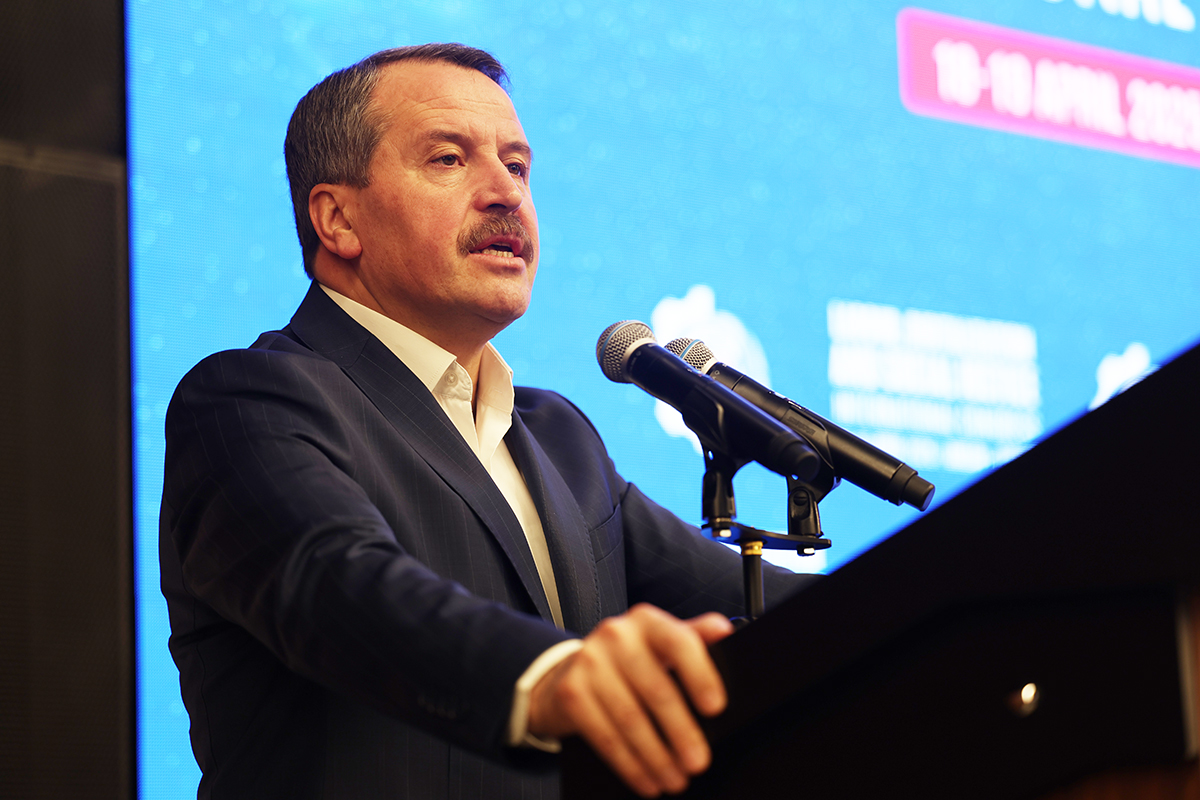 “Let Us Grow This Hope Together”
“Let Us Grow This Hope Together”
Concluding his address, Yalçın called for global labor solidarity in the face of deepening inequalities. “From Palestine to Bangladesh, from Türkiye to Africa and Europe, workers are united in struggle. This world — built by the hands of the 99% — must be reclaimed by the 99%,” he stated. He urged unions, civil society, and governments to collaborate in forging a fairer system, and to “write a new manifesto of labor in the digital age.”
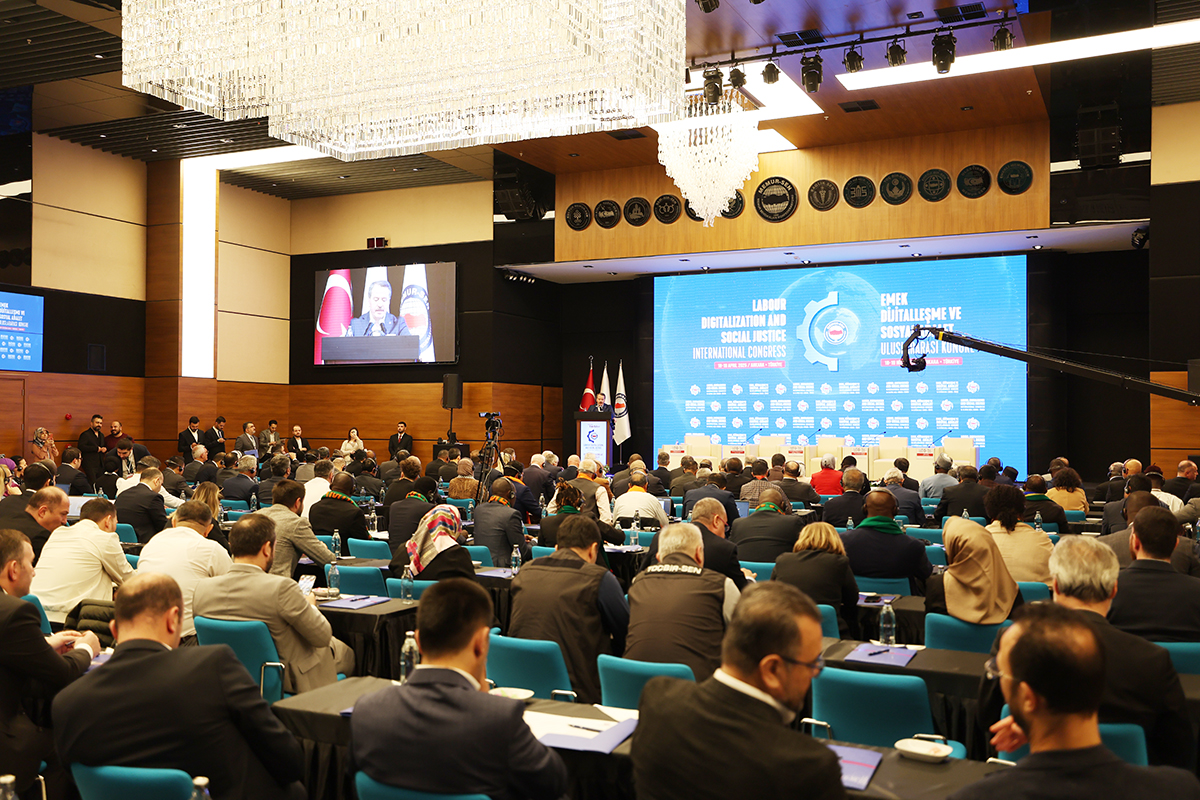
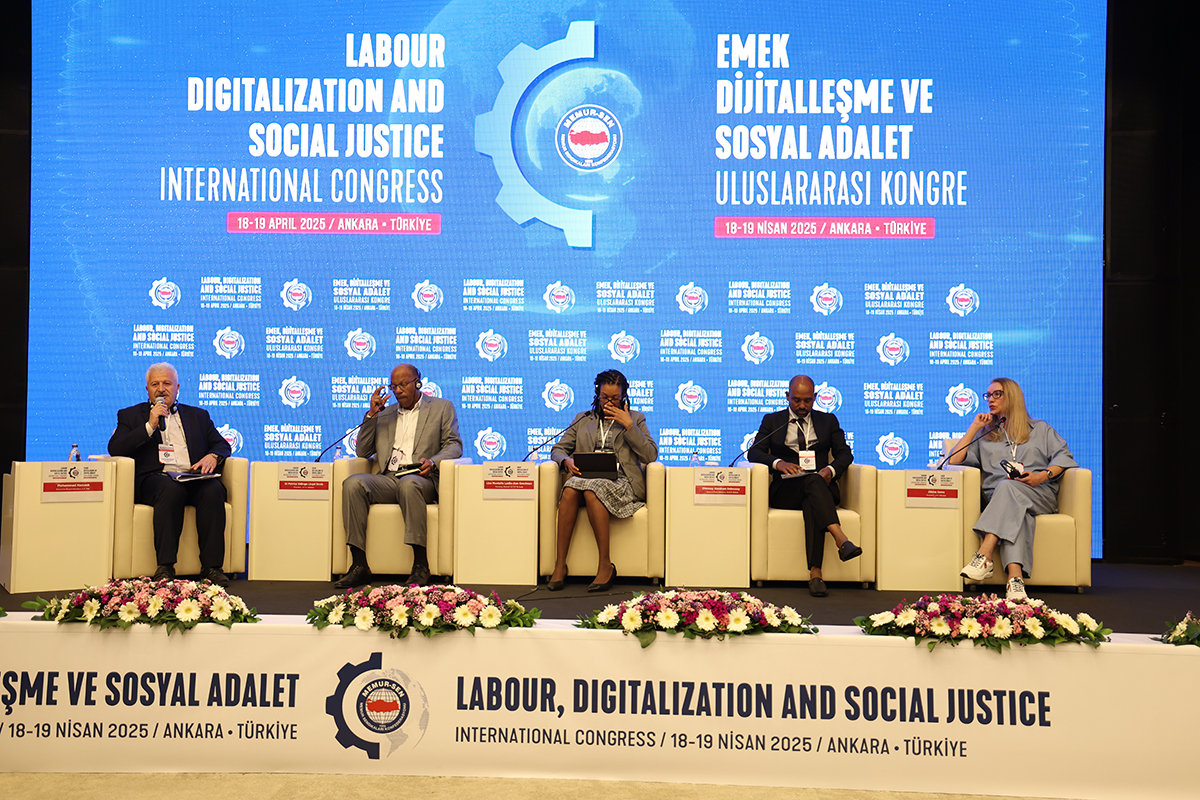
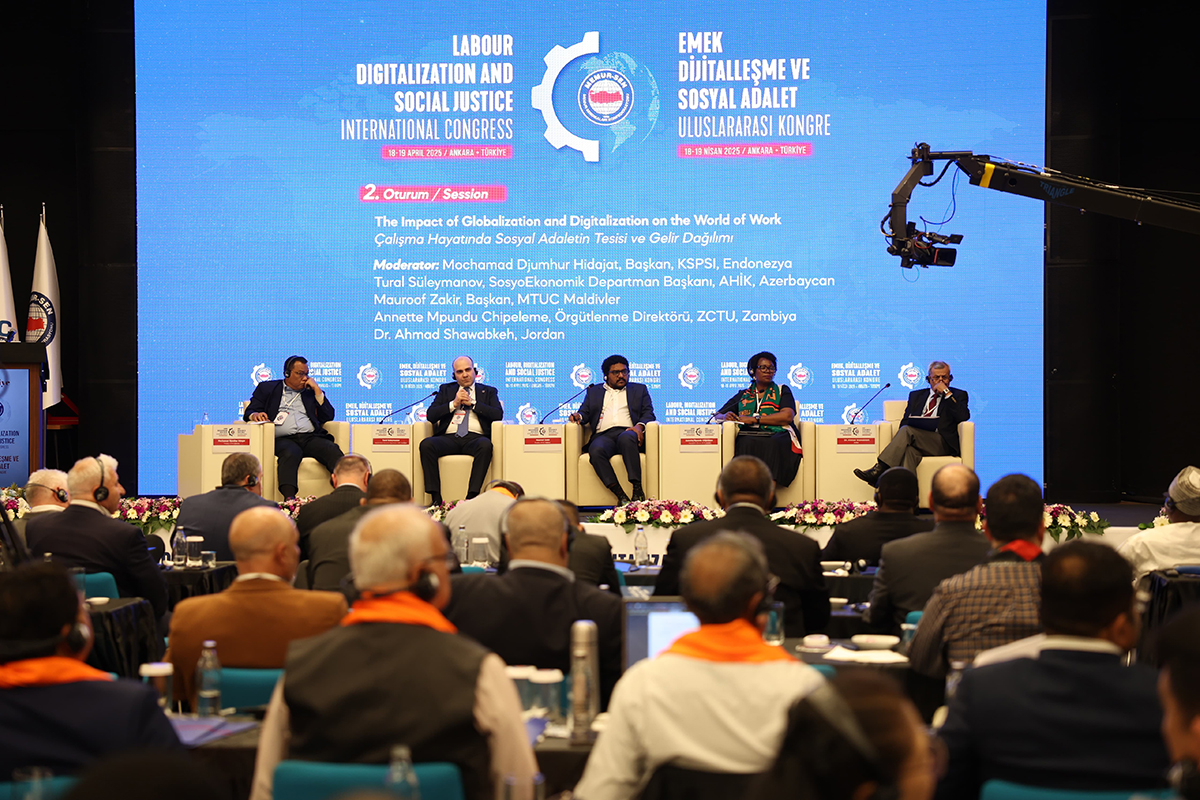 After the speeches, the program continued with a panel session. In the session moderated by OATUU Deputy Secretary General Valentine Okechukwu Udeh, JTCU President St Patrice Odingo Lloyd Ennis, SLTUF Secretary General Lisa Montelle Leslie-Ann Goodman, NCEW Public Relations Head Ghirmay Abraham Debessay, and LDF President Jelena Soms delivered their presentations on The Impact of Globalization and Digitalization on Working Life.
After the speeches, the program continued with a panel session. In the session moderated by OATUU Deputy Secretary General Valentine Okechukwu Udeh, JTCU President St Patrice Odingo Lloyd Ennis, SLTUF Secretary General Lisa Montelle Leslie-Ann Goodman, NCEW Public Relations Head Ghirmay Abraham Debessay, and LDF President Jelena Soms delivered their presentations on The Impact of Globalization and Digitalization on Working Life.
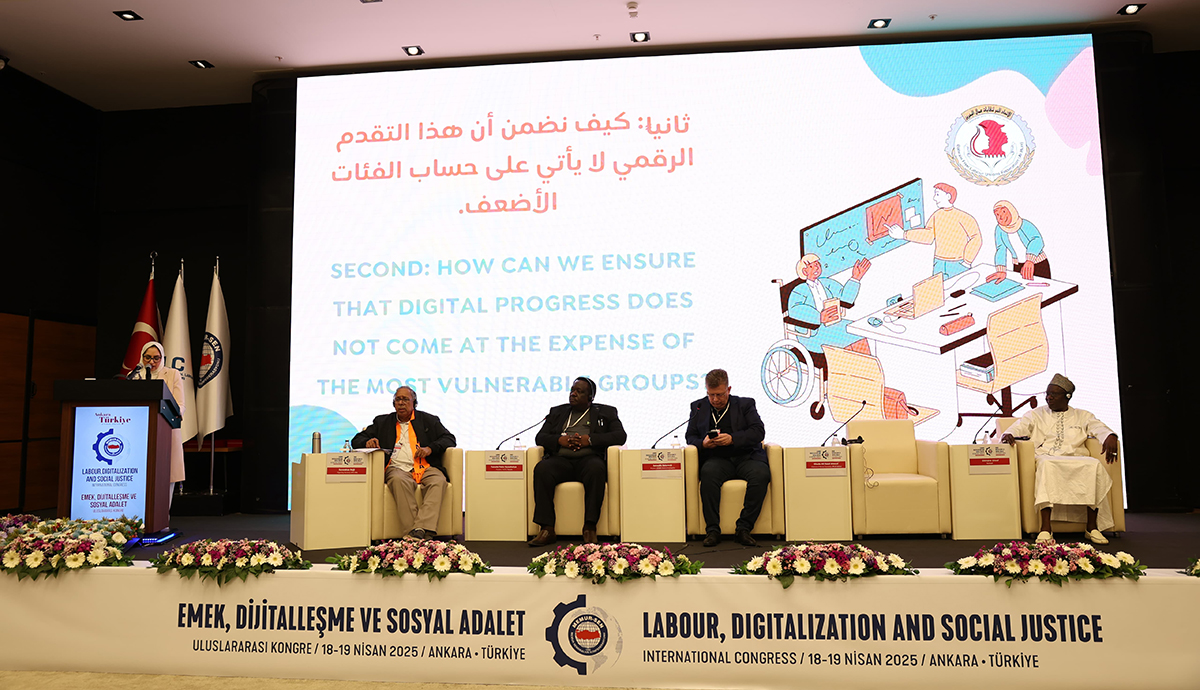 In the second session titled Ensuring Social Justice in Working Life and Income Distribution, moderated by KSPSI President Mochamad Djumhur Hidajat, AHIK Socio-Economic Department Head Tural Suleymanov, MTUC President Mauroof Zakir, ZCTU Organizing Director Annette Mpundu Chipeleme, and GFJTU Executive Board Member Sharif O Y Alrowwad delivered their presentations.
In the second session titled Ensuring Social Justice in Working Life and Income Distribution, moderated by KSPSI President Mochamad Djumhur Hidajat, AHIK Socio-Economic Department Head Tural Suleymanov, MTUC President Mauroof Zakir, ZCTU Organizing Director Annette Mpundu Chipeleme, and GFJTU Executive Board Member Sharif O Y Alrowwad delivered their presentations.
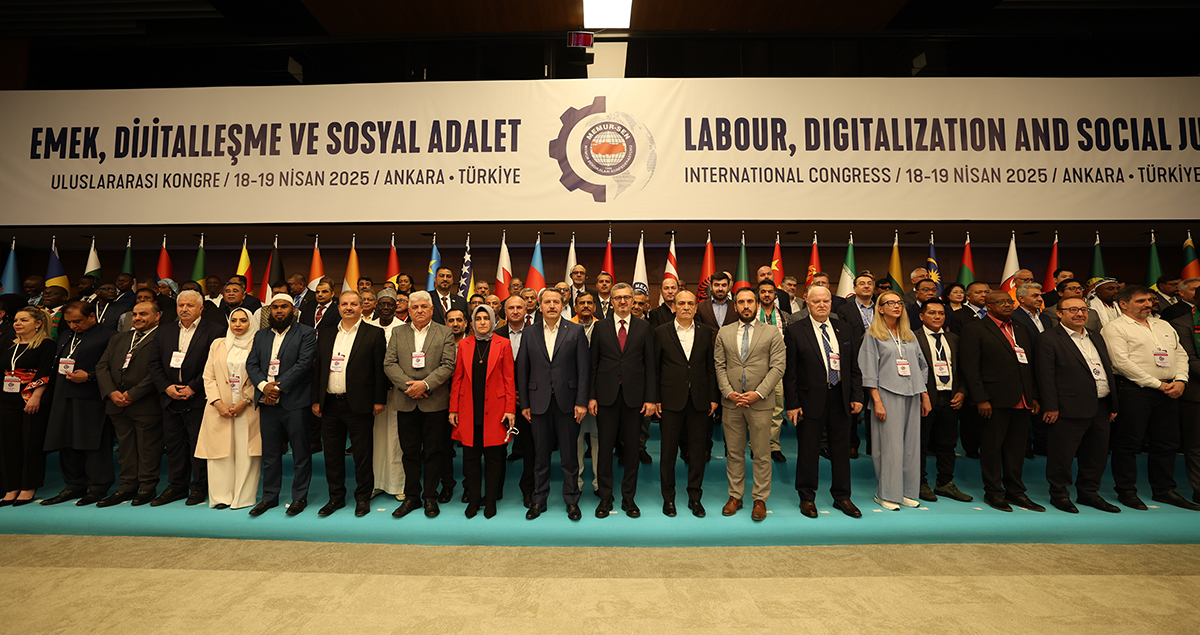 In the third session themed Organizational Diversity, Global Solidarity and Sustainable Labor Relations, moderated by BMS Secretary General Ravindra Dinkarlal Himte, TUCTA President Tumaini Peter Nyamhokya, SSSBİH President Selvedin Šatorović, BFLUF Women’s Committee Chair Ghada Ali Qaed Ahmed, and CSA Secretary General Elimane Diouf gave their presentations.
In the third session themed Organizational Diversity, Global Solidarity and Sustainable Labor Relations, moderated by BMS Secretary General Ravindra Dinkarlal Himte, TUCTA President Tumaini Peter Nyamhokya, SSSBİH President Selvedin Šatorović, BFLUF Women’s Committee Chair Ghada Ali Qaed Ahmed, and CSA Secretary General Elimane Diouf gave their presentations.




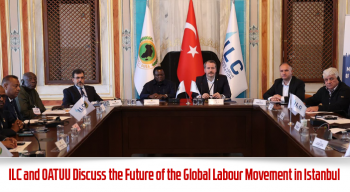
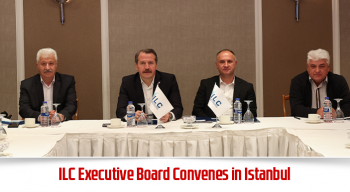
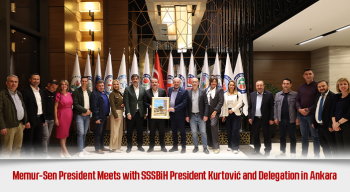
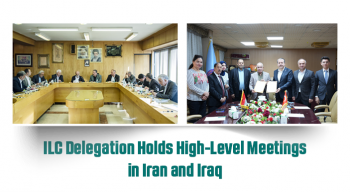


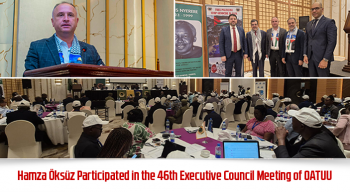
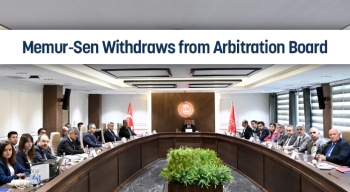


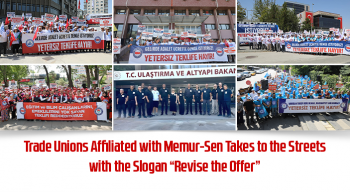



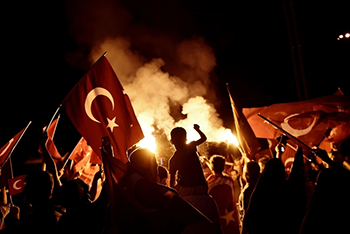
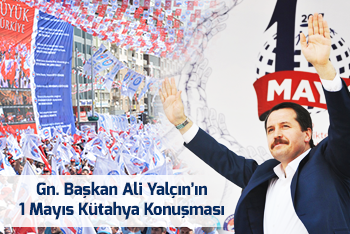
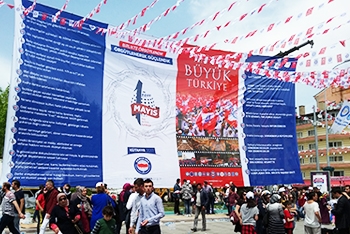
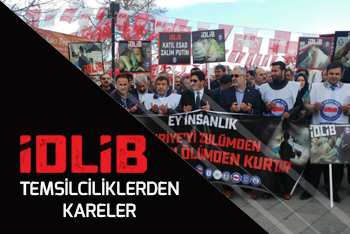
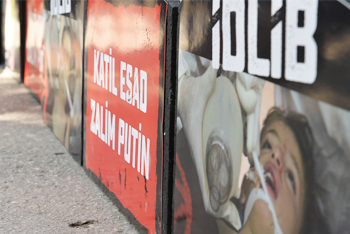

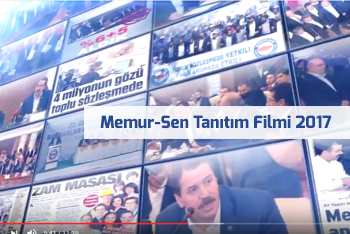
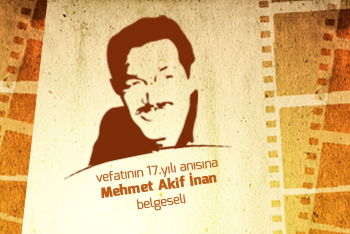










 CONFEDERATION OF PUBLIC SERVANTS TRADE UNIONS
CONFEDERATION OF PUBLIC SERVANTS TRADE UNIONS